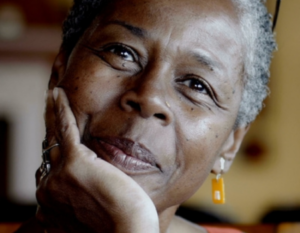
Understanding End-of-Life Care: A Guide for Families in Westchester County
End-of-life care is a crucial service that offers comfort and support to individuals in the final stages of their lives. In Westchester County, families can access various types of end-of-life care services, including palliative care, hospice care, and home-based care. In this guide, we’ll explore what end-of-life care is, the different types of care available, and how families can approach this stage of life with empathy and understanding.
What is End-of-Life Care?
End-of-life care is a specialized type of medical care that focuses on enhancing the quality of life for individuals in the final stages of their lives. It aims to provide comfort, dignity, and respect for the individual while also supporting their family and loved ones. End-of-life care can be provided in various settings, including hospice centers, hospitals, and the individual’s own home.
Types of End-of-Life Care
Jansen offers various types of end-of-life care to cater to the needs and preferences of individuals and families in Westchester County. Some of the most common types of end-of-life care include:
- Palliative care: This type of care focuses on managing symptoms and providing comfort to individuals with a serious illness, regardless of the stage of the illness. It can be provided in different settings, including hospitals and hospice centers.
- Hospice care: Hospice care aims to provide comfort and support to individuals in the final stages of their lives. It is typically provided in a hospice center or the individual’s own home.
- Home-based care: This type of care is provided in the individual’s own home and can be tailored to their specific needs and preferences. It can include a range of services, such as nursing care, personal care, and emotional support.
Approaching End-of-Life Care
Approaching end-of-life care can be challenging for families, but it’s important to approach it with empathy and understanding. Here are some tips to keep in mind:
- Start the conversation early: It’s important to have open and honest conversations with your loved ones about their end-of-life wishes. Starting the conversation early can help ensure that their wishes are respected.
- Be an active participant: As a family member, you can play an important role in your loved one’s end-of-life care. This can include advocating for their needs and communicating with the healthcare team.
- Seek support: End-of-life care can be emotionally challenging, and it’s important to seek support for yourself and your loved ones. This can include talking to a counselor or joining a support group.
Why choose Jansen Hospice for end-of-life care?
We know this is a hard time, but you are not alone. See what past clients have said about Jansen Hospice.
“This place and the workers are truly a blessing. I can never repay them for the help and support that they gave me with my mom. While no other company wanted to take my moms case they were the only ones willing to take it. They stood by me thru all the trials and tribulations and I could’ve never done that transition without them eternally grateful.” -Anasia
“This place changed everything for my family. We struggled with caring for my mom at home for 5 years and when they arrived it was like angels singing… Our social worker – Jody and our RN Violeta – made my mom comfortable and cared not only for her, but for our family as if we were their own. They were kind, compassionate and knowledgeable. I HIGHLY recommend them!!!” -Jody
End-of-life care is a vital service that can provide comfort and support to individuals in their final stages of life. By understanding the different types of care available and approaching it with empathy and understanding, families in Westchester County can ensure that their loved ones receive the care and respect they deserve.

